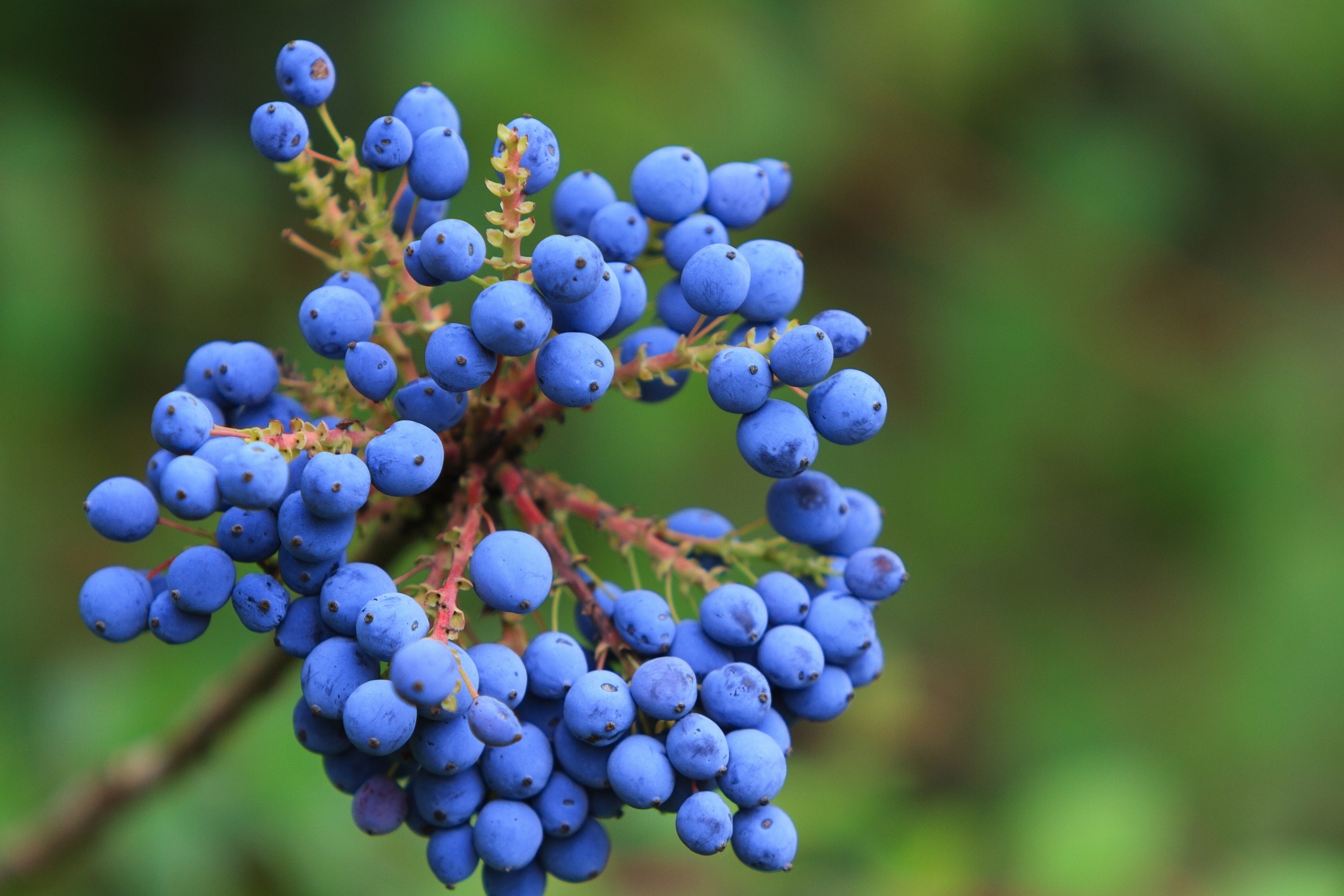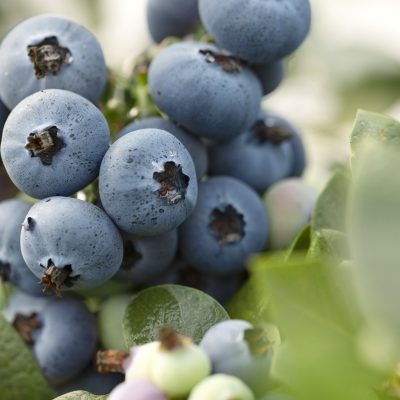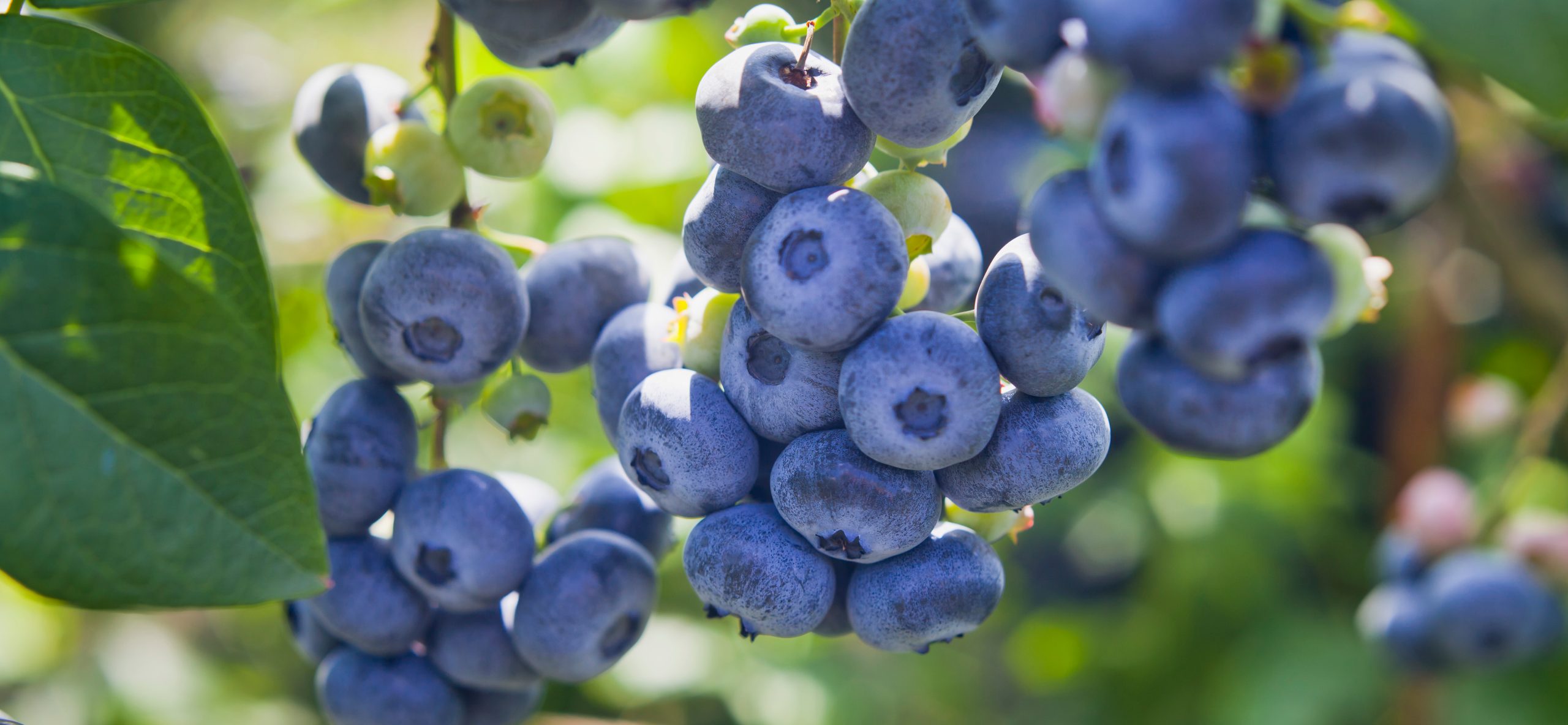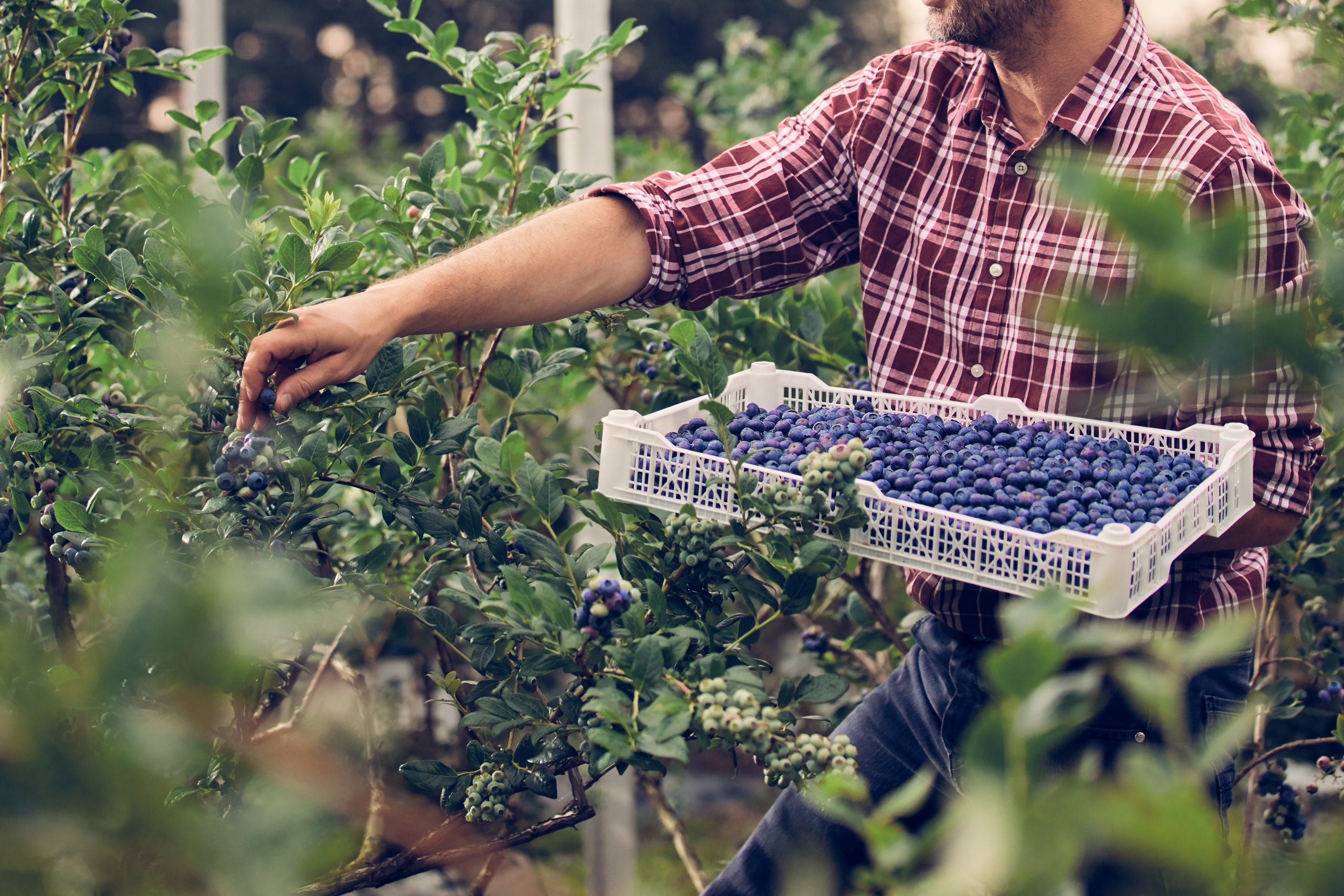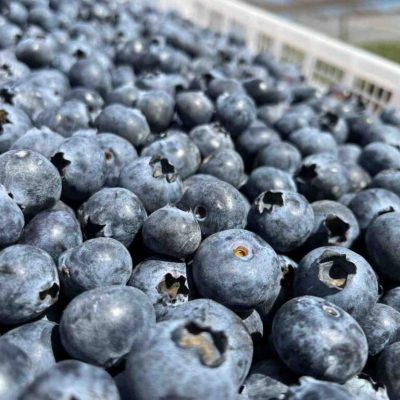“New normal” harvest has blueberry growers optimistic
A 100-million-pound Maine wild blueberry harvest is now the new normal.
Despite excessive heat and less than perfect rainfall, Maine’s $250-million wild blueberry industry is expecting to harvest about 100 million pounds of the native fruit this season.
“Most of our growers are optimistic that we will have over 100 million pounds, unless we have a heat wave or no rain at all,” said David Yarborough, wild blueberry specialist for the University of Maine Cooperative Extension.
The Maine wild blueberry crop reached more than 101 million pounds last year and slightly less than 104 million pounds in 2014.
Those big yields prompted the U.S. Department of Agriculture to announce in April that it would buy $13 million in surplus berries this year.
Earlier this year, the USDA purchased $8.6 million in its effort to counter lower prices because of the excess supply and continuing lower prices. Last week the USDA said it would buy another $4.4 million in berries.
The frozen wild blueberries purchased by the USDA will be distributed to food banks and other charitable organizations across the country.
Maine’s congressional delegation — U.S. Sens. Susan Collins and Angus King and U.S. Rep. Bruce Poliquin — said in a joint statement that the purchase comes at a critical time for wild blueberry growers as they harvest the current year’s crop.
“Not only will they get financial help in recovering from low prices in 2014 and 2015, but they will also be able to make room for the incoming harvest,” the delegation members said in their statement.
The purchase was made under the USDA’s Bonus Buy program, which supports the distribution of surplus commodities to domestic food assistance programs.
Wild blueberries are a significant crop and business in Maine and virtually all of them are frozen soon after harvesting.
Nancy McBrady, executive director of the Wild Blueberry Commission of Maine, said the assistance from the USDA helps with “an oversupply situation” as well as increasing competition from hybrid blueberry growers.
Yarborough said continuing hot temperatures stresses the wild blueberry plants, which then need water to cool off.
“Even fog is helpful, foggy condensation,” he said.
Homer Woodward, vice president of operations for Wyman’s of Maine in Milbridge, said he would like to see more rain, but he thinks it will be a good crop nonetheless.
“We have irrigation, but we can’t irrigate everything,” Woodward said.
He said the days when growers would struggle to top the 100 million pound harvest seem to be over.
“It’s improved good farming management practices and we’re getting a little more disease control,” Woodward said. “We’re more professional at normal agricultural practices.”
Hugh Lassen, owner of Intervale Farm in Cherryfield, said “we’re in a micro, micro climate here and it actually looks good.”
“It has been pretty dry and pretty hot, but the berries look good,” he said. “We’re harvesting a little bit earlier than normal. Last year we had a late start with colder weather.”



